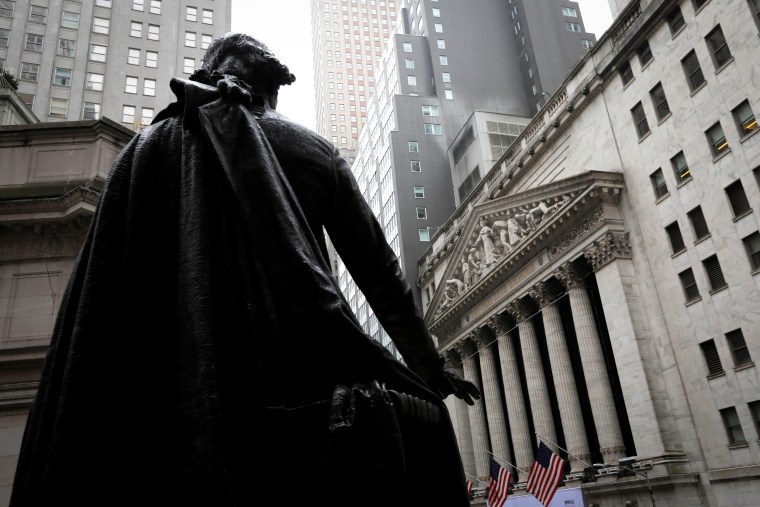Wall Street's main indexes were trading at record levels on Monday as President Donald Trump's signing of a long-awaited $2.3 trillion pandemic aid bill bolstered bets on an economic recovery.
In a sudden reversal late on Sunday, Trump backed down from his threat to block the hard-fought bill, restoring unemployment benefits to millions of Americans and averted a federal government shutdown.
"The passage of the stimulus bill is erasing some fears and investors are relieved that there is help out there," said Peter Cardillo, chief market economist at Spartan Capital Securities in New York.
Shares in airlines and cruise operators rose by between 3 percent and 5 percent, with technology companies and consumer services posting the biggest gains.
After a sharp recovery from a coronavirus crash in March, the S&P 500 is on track to rise more than 15 percent this year on the back of loose monetary policy, high liquidity and a Covid-19 vaccine program.
However, near-term outlook for equities remains clouded on worries over a resurgence in the coronavirus pandemic, mixed economic data and upcoming U.S. Senate runoffs in Georgia.
By midday, the Dow Jones Industrial Average was up by around 237 points, to 30,437. The S&P gained around 0.85 percent and the Nasdaq Composite rose by 0.76 percent.
Congressional Democrats on Monday will put to vote a proposal for higher pandemic relief payments for Americans, although it appears unlikely to gain traction in the Republican-controlled Senate.
"We will hold a recorded vote on our stand-alone bill to increase economic impact payments to $2,000. To vote against this bill is to deny the financial hardship that families face and to deny them the relief they need," Pelosi said in a statement last week.
